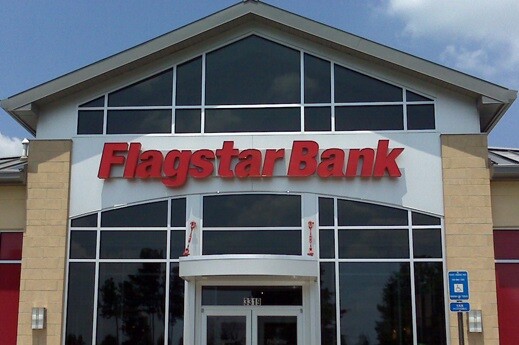Criminals have many means of stealing money and information from consumers, from scamming consumers directly to stealing their information from companies that hold it for them. For many cybercriminals, the quickest way to get a massive amount of valuable data is by targeting financial institutions.
Cybersecurity firm Flashpoint said in
This year, the number of consumer records leaked in breaches globally exceeded 254 million, according to Flashpoint. In the U.S. alone, data from the Maine attorney general indicates that
At least 79 U.S. financial services companies reported data breaches affecting 1,000 or more consumers in 2022, and the largest breaches affect millions of consumers each. Here are some of the biggest data breaches affecting financial services companies this year.









